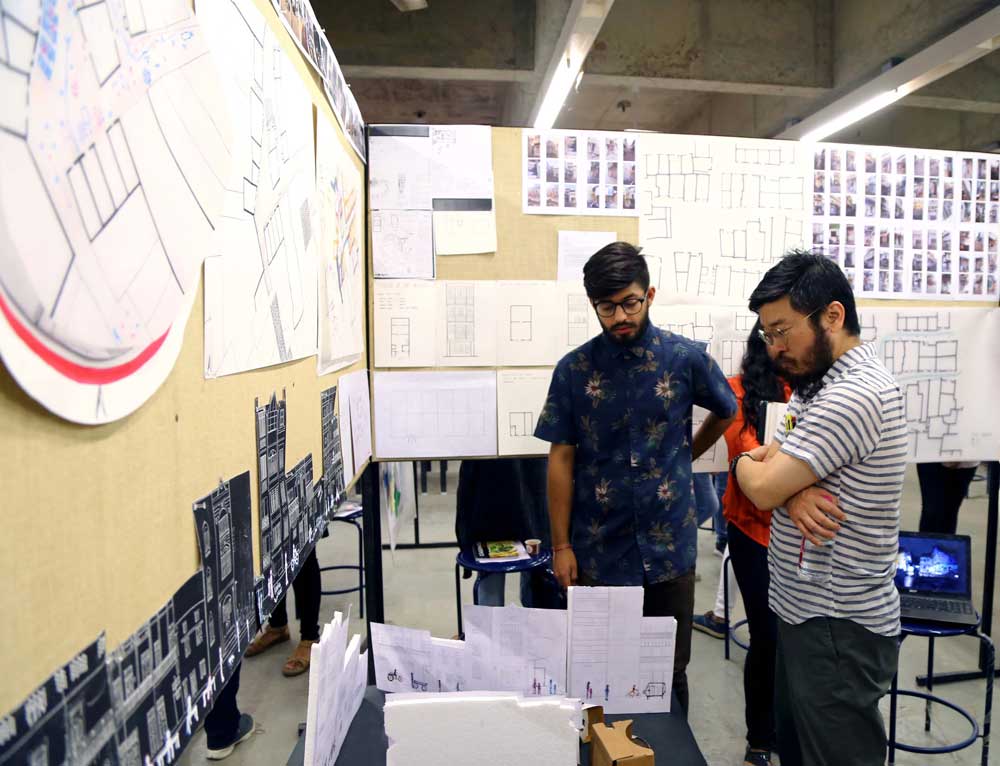Faculty of Planning
Urbanisation is one of the major growth challenges faced by India. The current level of urbanization is around 33% and is projected to increase to over 50% by 2050. For the first time since independence, India has seen a greater absolute increase in urban population versus rural and the number of towns in India has increased from 5,161 in 2001 to 7,935 in 2011, with 53 cities having over 1 million population. This massive urban transformation in many ways defines one of India’s fundamental development challenges going forward: to accommodate an additional 10 million urban dwellers per year, provide them with planned habitat with adequate housing and urban services such as water supply, sewerage, drainage, solid waste management and urban transportation networks and systems (collectively referred to as “urban infrastructure”), addressing slums, create opportunities for economic growth and at the same time, ensure that such urbanization is environmentally sustainable. This is in addition to the huge current backlog in urban services. CEPT University and more particularly Faculty of Planning is engaged in educating professionals equipped to meet these challenges.
In that direction, the following two year programmes are offered by Faculty of Planning for the academic year 2018-19:

In that direction, the following two year programmes are offered by Faculty of Planning for the academic year 2018-19:
- Master of Urban Planning (MUP)
- Master of Urban Housing (MUH)
- Master of Urban Infrastructure (MUI)
- Master of Urban Transport Systems (MUTS)
- Master of Urban Design (MUD)

